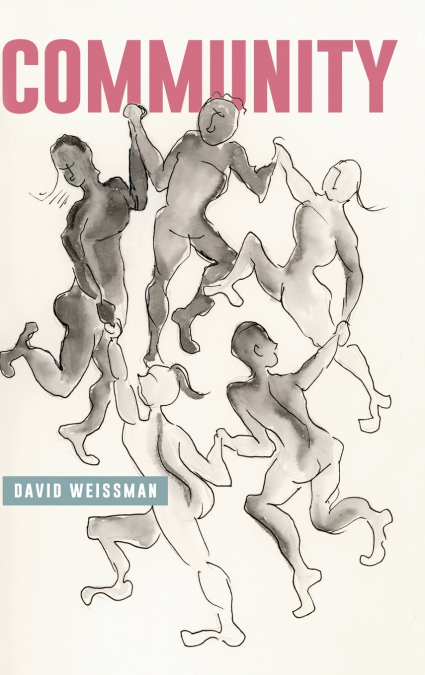
David Weissman
Communities are vital to personal and social well-being because collaboration is required where skills and resources are scarce; their pathologies-anonymity and isolation, tribalism and murder-defeat us.Community is often invoked respectfully but without a clear referent. The word is said to be used ninety-four ways, evidence that its sense is diffuse. Community clarifies the word’s principal expressions and the alternative ideological spaces-holistic and hierarchical or open and tolerant-in which communities form. Members bind in the interest of utility-jobs or schools-or because home and friendship are the focus of feeling and significance. These binders are social glue: they explain our dedication to communal aims and loyalty to fellow members. Autonomy in their context is socialized; its bases are the information, attitudes, and skills acquired when families and schools prepare us for roles in communities inherited or chosen. Yet community is fraught. Holistic societies are repressive; open societies are vulnerable. The members of successful communities-families, businesses, and schools-often thrive. Those excluded for want of luck or skill are abandoned and anonymous. Their isolation is one of an open society’s two pathologies: collaboration is a social necessity when resources, space, and skills are scarce; competition turned visceral and murderous is a vice.